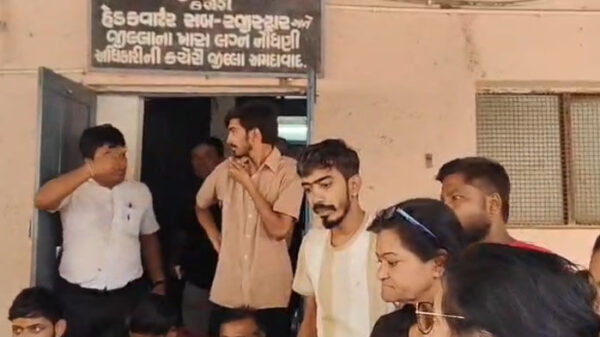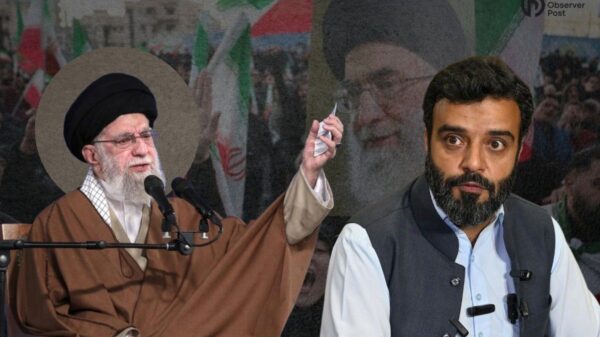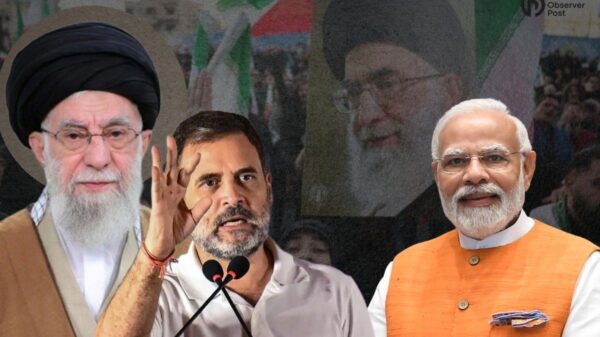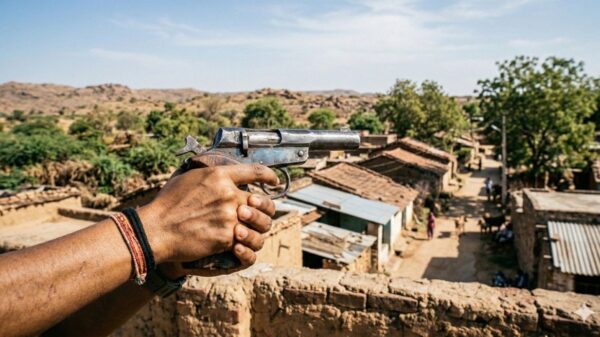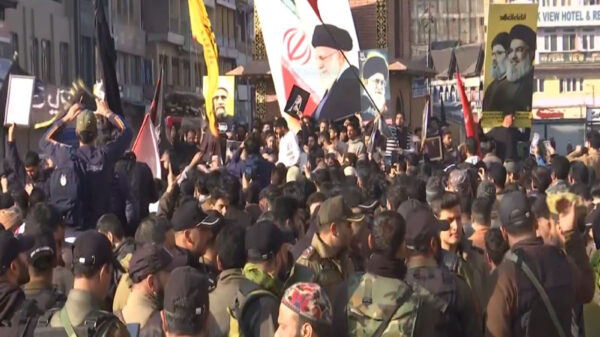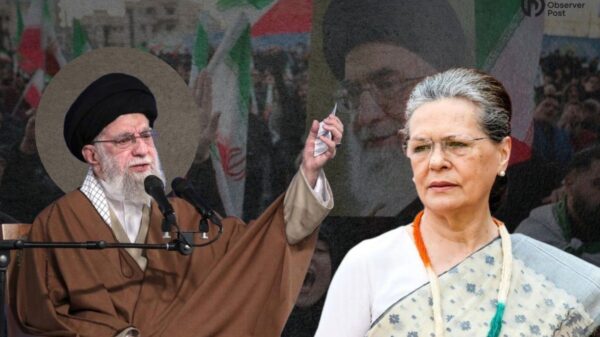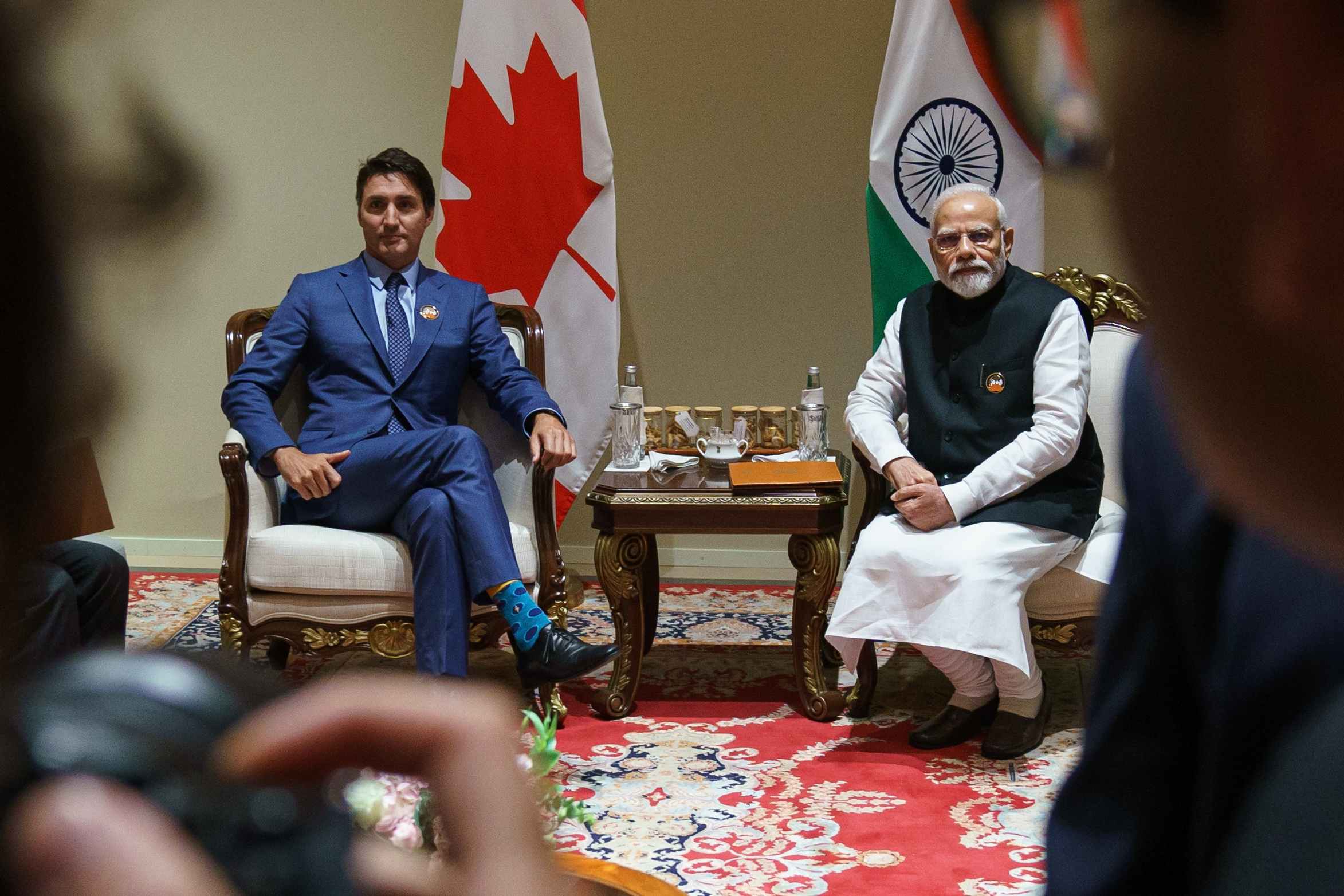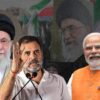Diplomatic relations between Canada and India have deteriorated amid allegations involving an assassination plot linked to Indian government agents. This conflict escalated following the assassination of Sikh separatist leader Hardeep Singh Nijjar on Canadian soil last year.
Canada expelled six Indian diplomats, including High Commissioner Sanjay Verma, citing credible evidence of their involvement in Nijjar’s assassination.
“Keeping Canadians safe is the fundamental job of the Canadian government. The decision to expel these individuals was made with great consideration and only after the RCMP gathered ample, clear and concrete evidence which identified six individuals as persons of interest in the Nijjar case. We continue to ask that the Indian government support the ongoing investigation in the Nijjar case, as it remains in both our countries’ interest to get to the bottom of this,” Minister of Foreign Affairs Mélanie Joly said in a press release.
India responded by expelling six Canadian diplomats and withdrawing its High Commissioner from Canada. The Indian Ministry of External Affairs has categorically rejected the allegations, labelling them as “preposterous” and accusing Canadian Prime Minister Justin Trudeau of appealing to Canada’s significant Sikh community for political leverage.
“The Government of India strongly rejects these preposterous imputations and ascribes them to the political agenda of the Trudeau Government which is centered around vote bank politics,” the ministry of external affairs said.
“Since Prime Minister Trudeau made certain allegations in September 2023, the Canadian government has not shared a shred of evidence with the Government of India, despite many requests from our side,” the MEA said in its statement on Monday.
Amidst the escalating tensions, National Security Adviser Ajit Doval held a secret meeting with his Canadian counterpart in Singapore to address the allegations. Canadian authorities have claimed that Indian agents were involved in various illegal activities, including “homicides, extortion, and violent acts” targeting supporters of the pro-Khalistan movement. In contrast, India insists that no substantial evidence supports these claims.
The rising tensions have raised alarm among the large Indo-Canadian community, particularly students and professionals residing in Canada. Many are apprehensive about the potential repercussions on their lives and the future of bilateral relations between the two countries.
Despite the diplomatic fallout, bilateral trade between India and Canada has shown resilience, slightly increasing from USD 8.3 billion in 2022-23 to USD 8.4 billion in 2023-24. Nevertheless, both nations must navigate their actions carefully to prevent a full-blown economic crisis.
The situation remains fluid, and the future of Canada-India relations will depend on ongoing diplomatic negotiations and efforts to de-escalate tensions.






